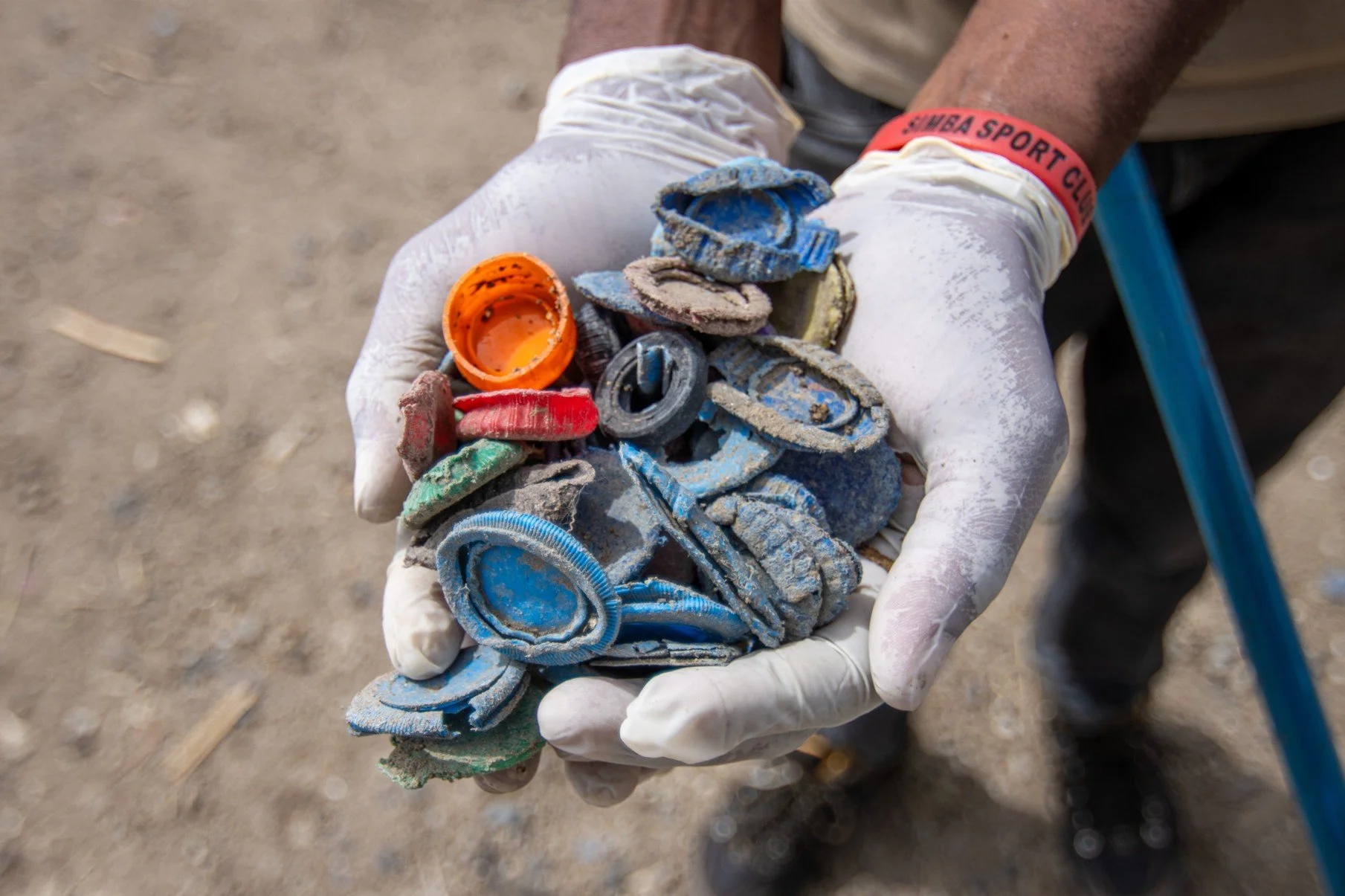Marking World Environment Day
Plastic pollution is one of the most urgent environmental threats of our time. This year, World Environment Day on 5 June, has turned the global spotlight on it, calling for coordinated action to reduce plastic waste at every level. For us, this as an opportunity to reaffirm our long-term commitment to eliminating plastic from our operations.
We have set a goal to reduce plastic use in all Asilia camps and lodges by 100% by 2030. Already, we’ve removed single-use plastic water bottles from our safari operations, and were among the first safari operators to provide our travellers with reusable bottles. While we've made strong progress, some items remain difficult to eliminate altogether and we still have some PET plastic from other sources such as bottles from olive oil. Accounting for all plastic in our system and finding better ways to manage it remains a key focus for us. Plastic is segregated, weighed, and is removed from site for disposal and recycling. In the past year, we reduced overall plastic waste by 13%, from 0.21kg to 0.19kg per bednight.
This work doesn’t stop at camp boundaries. To mark World Environment Day, our Impact and Sustainability team and Safari Operations team worked with the communities of Nanja and Minjingu in Tanzania on a joint clean-up initiative. These are busy market centres within the Tarangire–Manyara ecosystem, where poor waste infrastructure often leads to plastic build-up.
The clean-up was a collaboration between Asilia staff, community members and two students from the College of African Wildlife Management (Mweka), who are currently researching community waste management in the area. More than 200 kilograms of plastic were collected and sorted on-site. Recyclables were handed over to local waste collectors. The remaining materials were transported to official government-managed landfills.
To support ongoing community-led efforts, we donated fifteen bins to be used locally:
10 to Minjingu Market
3 to Nanja Market
2 to Nkaiti Primary School in Minjingu
The school donation forms part of our wider commitment to supporting education infrastructure and creating cleaner, safer learning environments.
We also provided basic tools to help keep the clean-up going. These included brooms, rakes, spades, buckets, gloves and trash collection bags. None of this replaces the need for better waste infrastructure, but it allows for immediate, practical steps to be taken locally.
As part of the day’s activities, our teams also ran short environmental education sessions, discussing the importance of proper waste management and the risks of plastic pollution for people and ecosystems. This work supports a broader, long-term approach that links operations in the field with the communities we work alongside.
Plastic remains a significant challenge but progress is being made as we work towards substantiated multi-year goals to eliminate it from within our safari operations.




